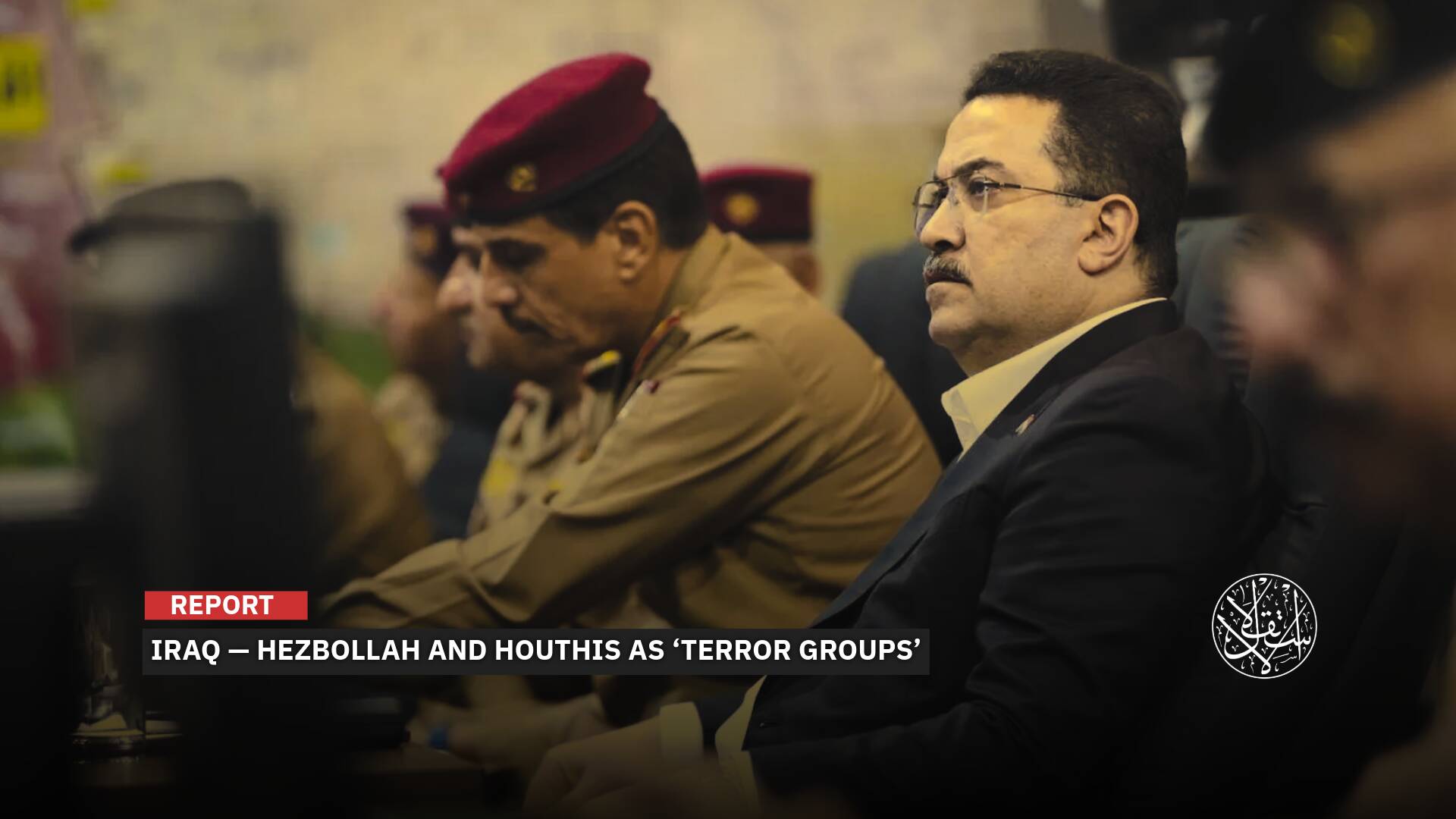From Cannabis Trade to Politics: Mark Savaya Appointed as Trump’s Envoy to Iraq
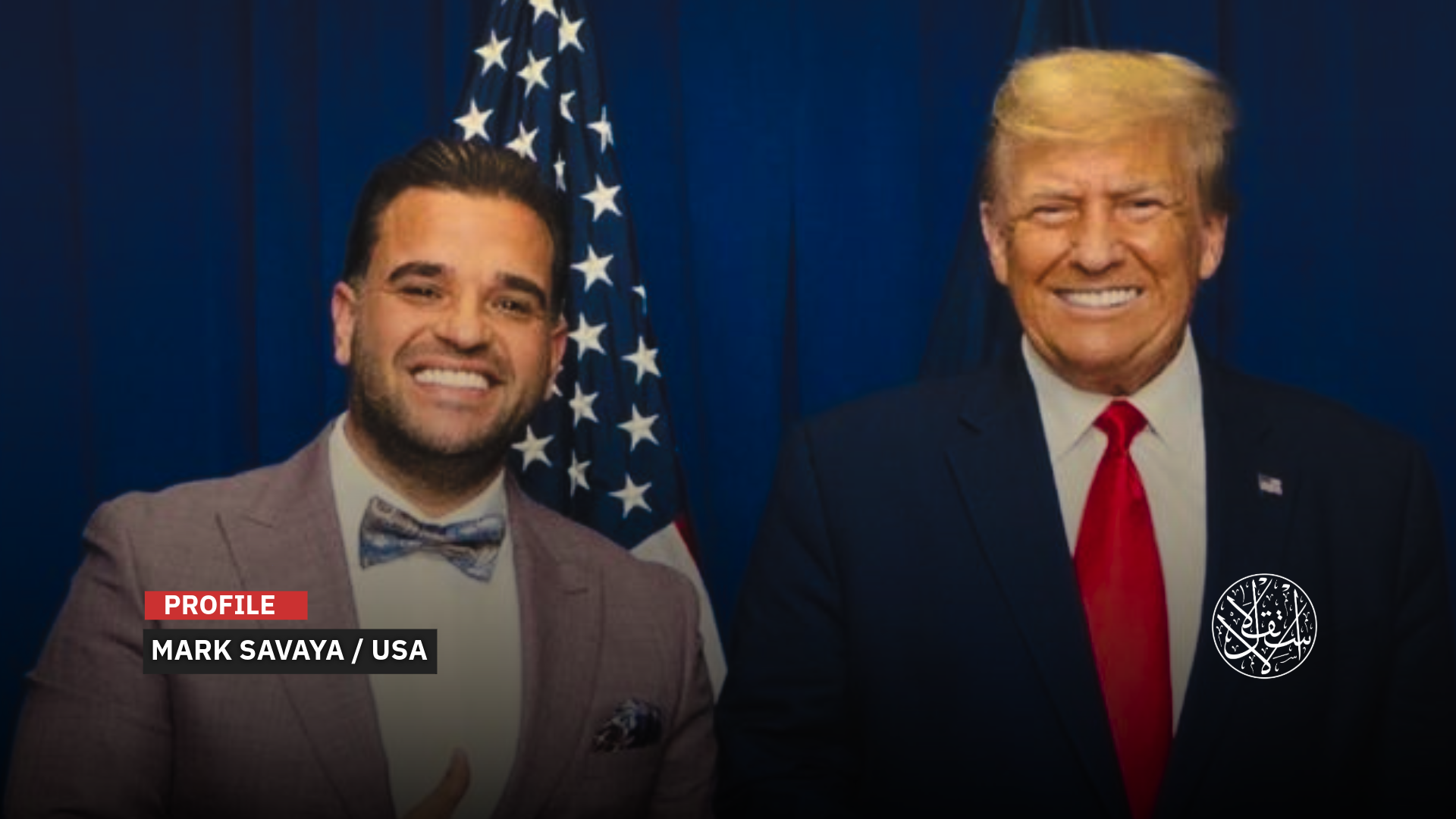
Savaya, 43, is an American businessman of Chaldean Christian Iraqi descent whose family emigrated from Iraq in the 1990s.
Nicknamed “the King of Cannabis,” Mark Savaya, an American of Iraqi origin and a close friend of Elizabeth Tsurkov, has been appointed as U.S. President Donald Trump’s special envoy to Iraq. His appointment comes at a particularly delicate moment for the country, with parliamentary elections approaching and U.S. forces preparing to withdraw.
The last person to hold the position was diplomat Brett McGurk, also appointed by Trump during his first term from 2017 to 2021. Meanwhile, Washington’s embassy in Baghdad has remained without an ambassador since late 2024.
Savaya’s appointment comes less than two months after U.S. diplomat Joshua Harris was named chargé d’affaires in Iraq, replacing Steven Fagin, who held the post for only three months. Since the start of Trump’s second term in January 2025, no ambassador has been formally appointed to Baghdad.
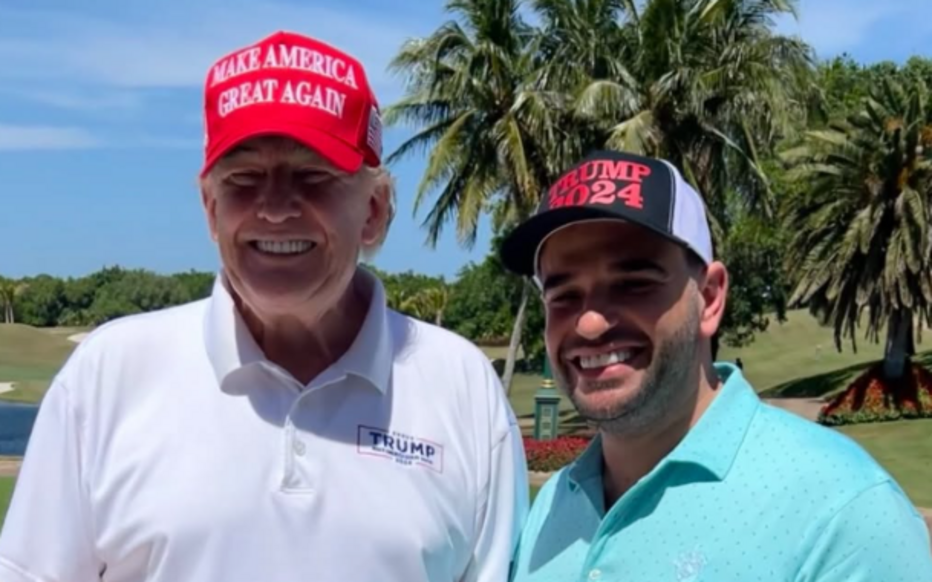
Friend of Tsurkov
In announcing his appointment as special envoy to Iraq, Trump said that Mark Savaya had been a key figure in his last election campaign, helping him achieve a record number of votes in the state of Michigan.
On October 19, 2025, the U.S. president wrote on his platform, Truth Social, “I am pleased to announce Mark Savaya will serve as Special Envoy to the Republic of Iraq.”
“Mark’s deep understanding of the Iraq–U.S. relationship and his connections in the region will help advance the interests of the American people,” Trump added.
“Mark was a key player in my campaign in Michigan, where he, and others, helped secure a record vote with American Muslims. Congratulations, Mark!”
Mark Savaya responded on his X account, saying, “I am deeply humbled, honored, and grateful to President Donald J. Trump for appointing me as Special Envoy to the Republic of Iraq.”
“I am committed to strengthening the U.S.–Iraq partnership under President Trump’s leadership and guidance. Thank you, Mr. President.”
Immediately, Israeli-Russian researcher Elizabeth Tsurkov, who had been held captive in Iraq for 903 days by the Iraqi Hezbollah Brigades, congratulated Mark Savaya on his appointment, describing it as “important.”
Tsurkov posted on X, sharing photos with Savaya, stating that he played a pivotal role in securing her release without any compensation.
“Congratulations to Mark Savaya for this important appointment. Mark played an instrumental role in setting me free after 903 days in captivity by Kataeb Hezbollah, an Iraqi militia serving Iran, without anything given in return,” she said.
Tsurkov noted that the appointment is very bad news for anyone serving Iran’s interests in Iraq or seeking to undermine Iraqi sovereignty.
“This is terrible news for anyone serving Iran's interests in Iraq and seeking to undermine Iraqi sovereignty.”
On September 10, 2025, Trump and the family of Israeli-Russian graduate student Elizabeth Tsurkov announced that the Iraqi Hezbollah Brigades had released her after more than two years in captivity.
Trump wrote on his platform, Truth Social, that Tsurkov is now safe in the U.S. Embassy in Iraq after enduring months of “torture.”
“As a culmination of extensive efforts exerted by our security services over the course of many months, we announce the release of the Russian citizen, Elizabeth Tsurkov,” Iraqi Prime Minister Mohammed Shia’ al-Sudani said on X.
“We reaffirm that we will not tolerate violations of the law or allow anyone to harm the reputation of Iraq and Iraqis,” without specifying the captors or the measures taken against them.
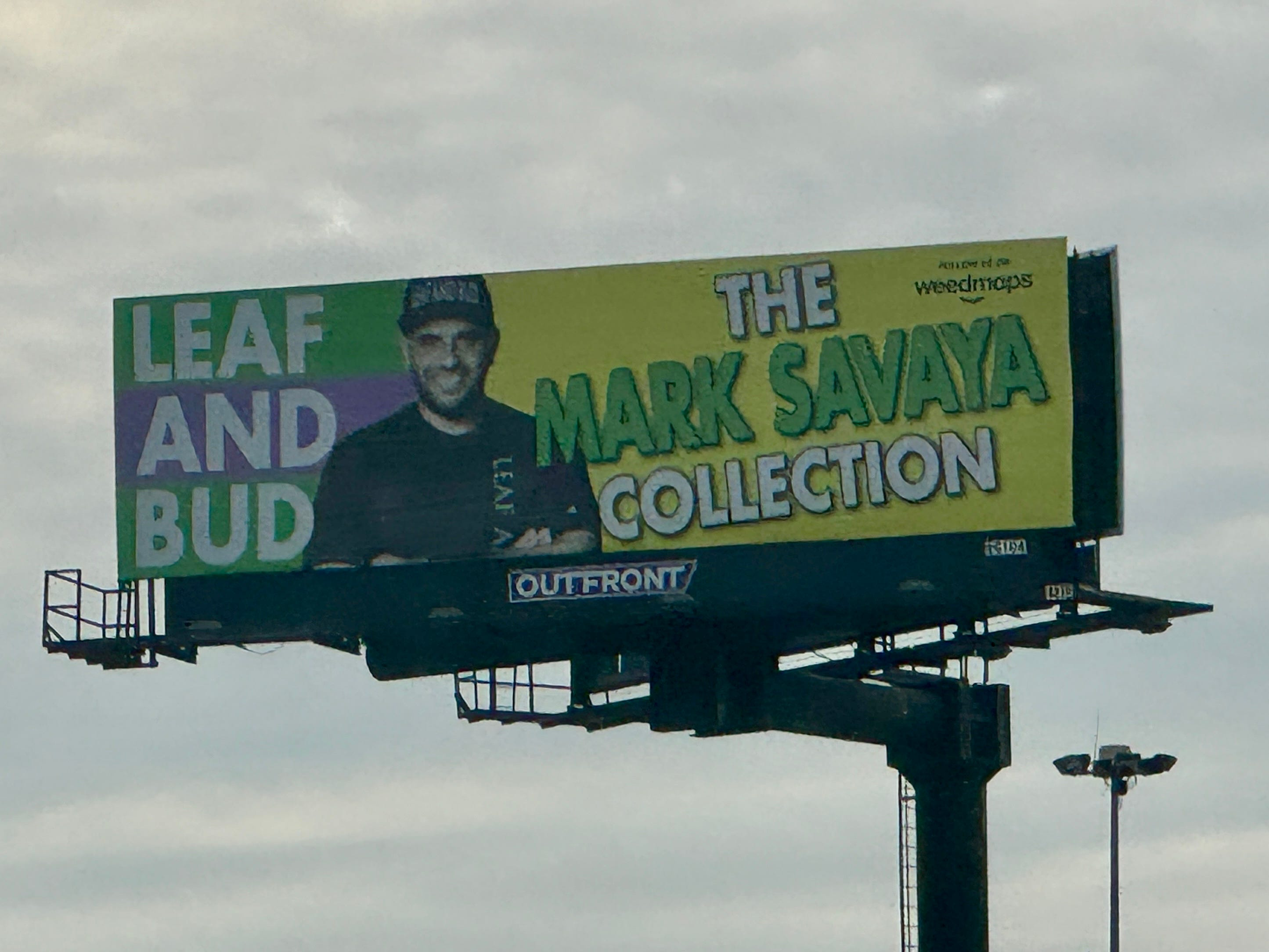
The King of Cannabis
Mark Savaya, 43, is an American businessman of Chaldean Christian Iraqi descent whose family emigrated from Iraq in the 1990s and now resides in the Detroit metropolitan area of Michigan.
He is one of the leading investors in the legal cannabis industry in the United States, owning a chain of stores called Leaf & Bud as well as a product line under the name Mark Savaya Collection. He also runs Future Grow Solutions, a company specializing in indoor cannabis cultivation using advanced techniques known as CropTower.
Savaya’s rise did not come from traditional diplomacy but from the heart of the U.S. legal cannabis and marijuana industry, earning him the nickname “the King of Cannabis” in Detroit. In 2019, he purchased an industrial complex in Detroit and invested between 7 and 8 million dollars to develop it into a fully integrated cultivation, processing, and distribution center under a “seed-to-sale” model that combines all stages of production in one system.
He began his career in small retail and fast-service businesses in Detroit and later invested his early profits into the cannabis industry after it was legalized in Michigan in 2018. Being one of the first investors in the new market, he built his own investment network without external funding, and Tracxn classifies his company as “self-funded.” Over time, he became one of the industry’s leading figures, combining production, distribution, and marketing under his personal brand.
Savaya’s career has not been without controversy. In spring 2024, a Leaf & Bud billboard campaign promoting cannabis sparked debate in the Detroit City Council over the “excessive” public exposure of cannabis advertising. Congresswoman Angela Whitfield-Calloway called for restrictions on such ads, and Savaya’s name was specifically mentioned during council sessions. Local media outlets, including Fox 2 Detroit and the Detroit News, covered the issue throughout May and June 2024, while the city referred the matter to the legal department to draft new advertising regulations near schools and daycare centers.
Michigan court records show commercial and civil cases involving Savaya in Macomb County in 2024 and Oakland County in 2023, but there are no criminal charges related to cannabis or legal violations; the disputes are strictly commercial or contractual within the industry.
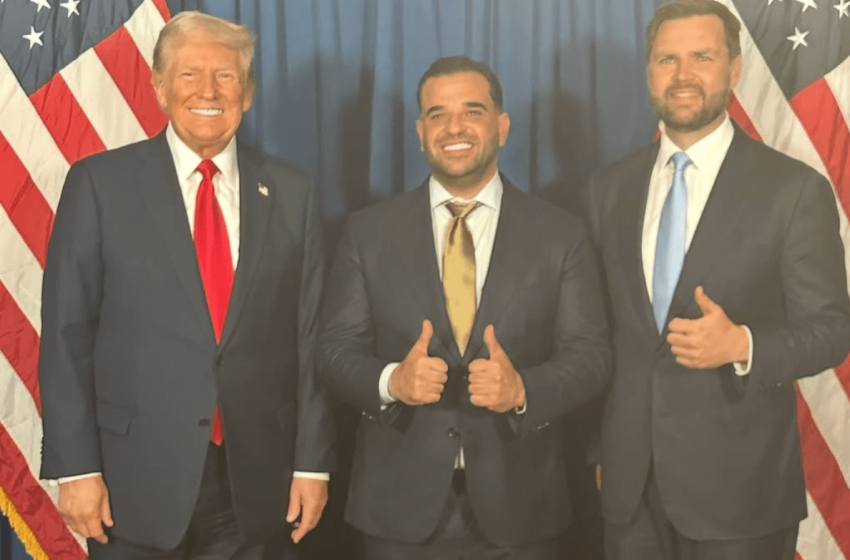
A Thomas-Style Envoy
Savaya’s appointment drew widespread reactions from Iraqi politicians and activists on social media. Iraqi writer and researcher Liqaa Maki predicted that President Trump’s choice of a special envoy to Iraq would signal a strong focus on the country in the current U.S. agenda.
Maki wrote on X on October 19 that while the appointment was expected, it was unclear who would take the role and when. Now, Mark Savaya, a prominent activist in Trump’s Michigan campaign, has been named envoy to Iraq. He is of Iraqi origin and a businessman in the challenging field of soilless cannabis cultivation.
Maki noted that Savaya’s political experience is limited to his work on Trump’s campaign, likening him to Steve Whitkoff, U.S. envoy to the Middle East, and Thomas Barrack, Trump’s special envoy to Syria, both of whom have a significant impact on Middle East affairs despite lacking political backgrounds.
He added that Savaya’s Iraqi heritage may influence his efforts, but ultimately he is a staunch Trump supporter, and his relationship with Iraq is expected to be similar to Thomas Barrack’s approach to Lebanon, Barrack’s country of origin.
Former Iraqi Foreign Minister Hoshyar Zebari viewed Mark Savaya’s appointment as special envoy by the U.S. president as an acknowledgment that the situation in Iraq is abnormal and requires measures and decisions beyond the usual diplomatic and official channels to correct and stabilize the troubled and chaotic state of affairs.
Iraqi writer Falah Almashal argued that appointing a special envoy rather than an ambassador, as diplomatic and international relations traditions between the U.S. and Iraq would require, indicates a specific mission in times of crisis or war, conveying a particular message, or a task outside the usual diplomatic activities of the state.
Almashal added that Iraq is heading toward a major crisis being planned in the White House by Trump and his associates, and that the issue revolves around oil, citing Trump’s remarks during the Sharm el-Sheikh summit on Gaza on October 13, 2025, about Iraq’s enormous oil wealth and the uncertainty over how to invest it.
“By the way, Mark Savaya comes from a Baghdad-based Iraqi family that lived in Karada and al-Jadriya before emigrating to the United States. He is a successful businessman and a friend of both Trump and Elon Musk, as well as other prominent American and Arab figures,” Almashal said.
Iraqi politician Laith Shubbar wrote on X that Washington rarely appoints a special envoy to a country unless that country has become a strategic focal point in global power dynamics. This, he noted, is precisely why President Donald Trump named Mark Savaya as special envoy to Iraq.
According to Shubbar, the decision did not come out of nowhere, nor was it made in the halls of diplomatic protocol, but in the rooms of geopolitical calculations where energy balances, security, trade routes, and regional conflicts are managed.
He explained that the timing of Savaya’s appointment carries three messages: first, that Iraq has returned to the center of international competition; second, that Washington recognizes managing the Iraqi file remotely is no longer effective; and third, that Trump seeks not just a daily-operating embassy but a special envoy who can reorganize relations based on the exchange of interests rather than diplomatic slogans.
Those familiar with the political landscape, Shubbar said, understand that Savaya is practically tasked with five main issues. First, defining the future of the U.S. military presence through a new negotiation framework. Second, controlling weapons outside state authority and preventing Iraq from becoming a direct U.S.–Iran confrontation zone. Third, restructuring the Iraqi economy toward partnerships and organized privatization. Fourth, ensuring the security of energy and trade routes amid the gas and oil struggles with Russia and Iran. Fifth, managing the upcoming Iraqi elections to prevent the emergence of a political force entirely hostile to Washington.
The crucial question, according to the Iraqi politician, is: What does Iraq want from Mark Savaya? The strategic void is clear. Political forces will approach his appointment with a sectarian logic—some fear him, some secretly welcome him, and others seek to exploit it for electoral gain. Yet the problem is not Savaya himself but the absence of a solid Iraqi vision that could transform negotiations from a defensive stance into the creation of sovereign partnerships. “A strong Iraq is not one that opposes everyone or submits to everyone, but one that manages a complex network of interests, drawing Washington, Tehran, Ankara, Riyadh, and Beijing toward it rather than letting them clash,” Shubbar added.
“If the U.S. envoy came to protect his country’s interests, who is protecting Iraq’s? This highlights the stark difference between a state with a clear project and a state living reactively.”
Savaya’s appointment comes roughly 20 days ahead of the Iraqi parliamentary elections scheduled for November 11, 2025, amid the ongoing withdrawal of U.S. forces serving within the international coalition against ISIS, which began on September 25, 2025, under an agreement between Washington and Baghdad, and is set to conclude on September 25 of the following year.
Sources
- Who is Mark Savaya, Trump's special envoy to Iraq?
- Donald Trump Appoints Mark Savaya as Special Envoy to Iraq
- The Release of the Israeli Researcher Detained in Iraq: Here's Elizabeth Tsurkov's Story [Arabic]
- The Moment the Gaza Ceasefire Document Was Signed in Sharm el-Sheikh [Arabic]
- The King of Cannabis and Marijuana and Elizabeth Tsurkov's Friend Appointed Special Envoy to Iraq: Who Is Mark Savaya? [Arabic]







